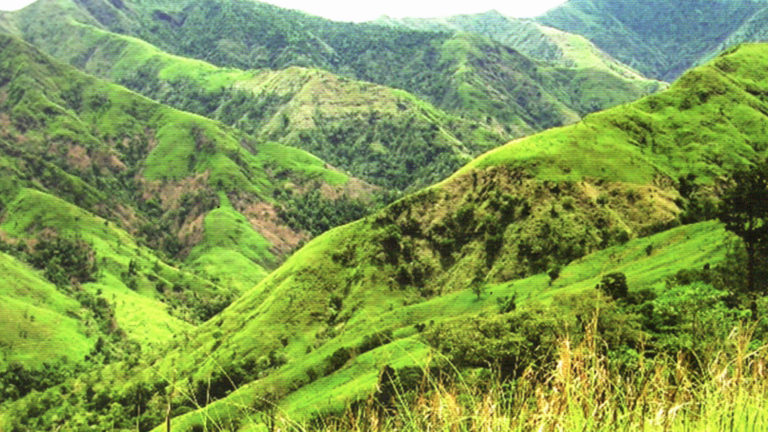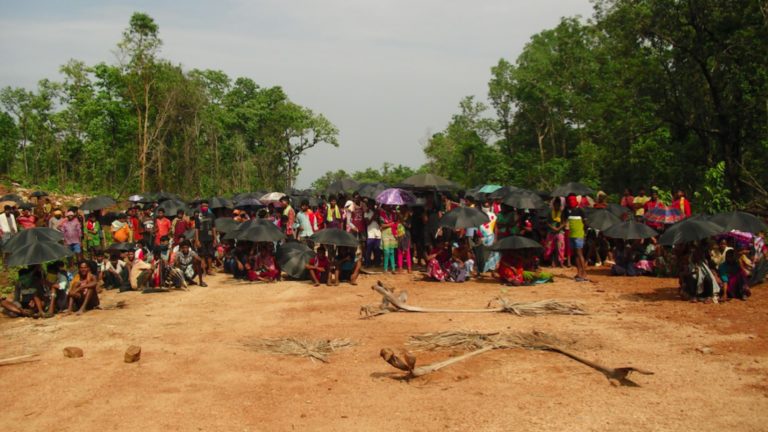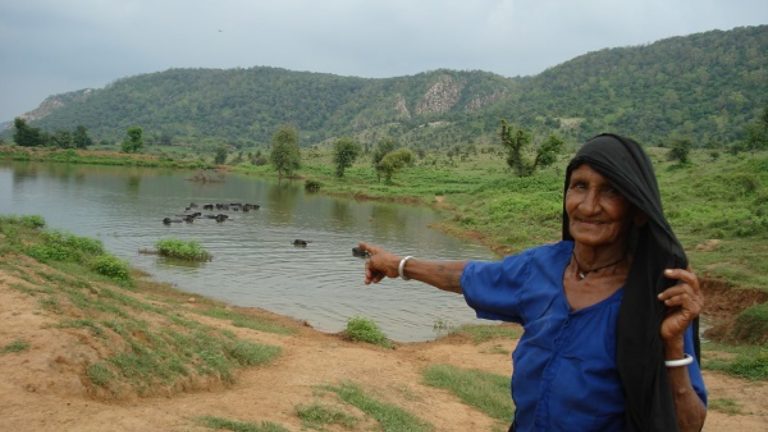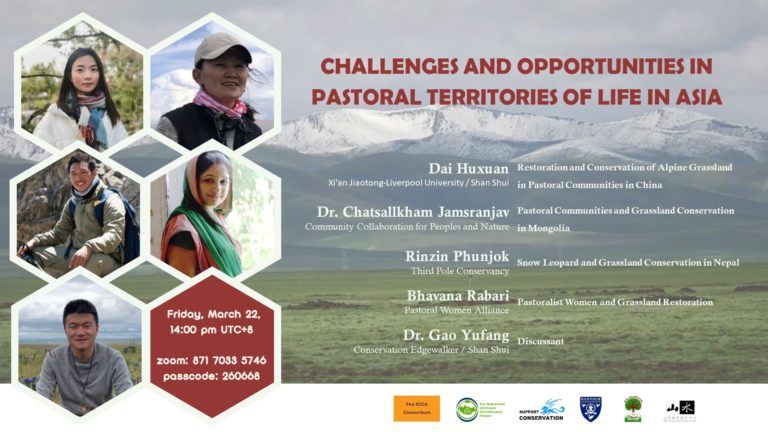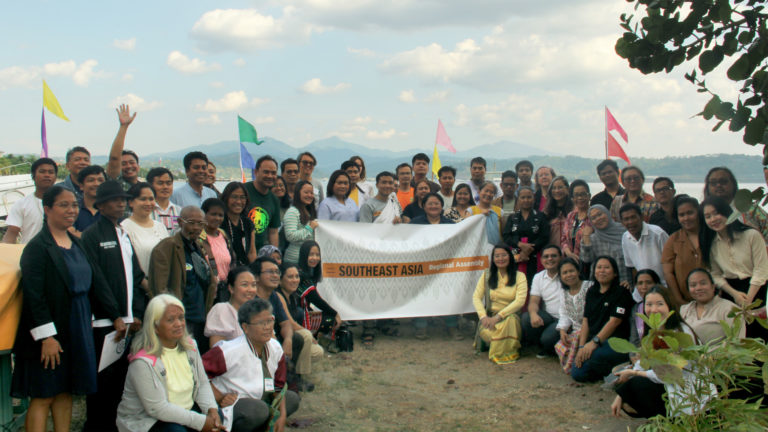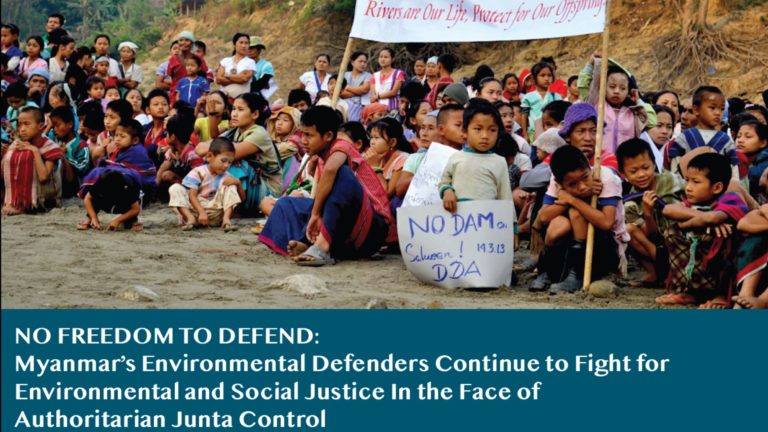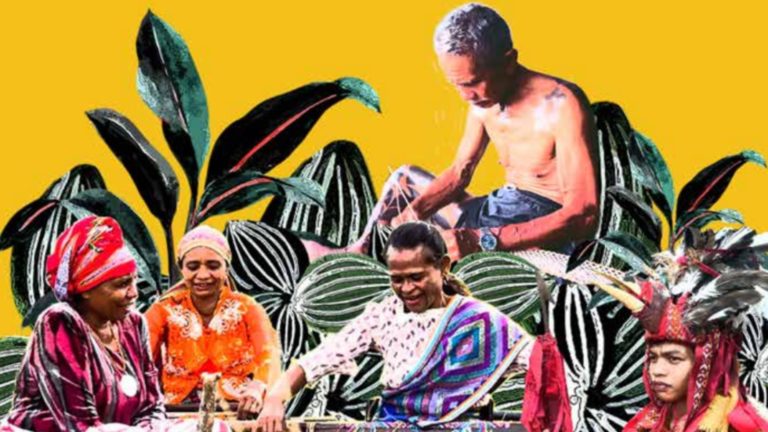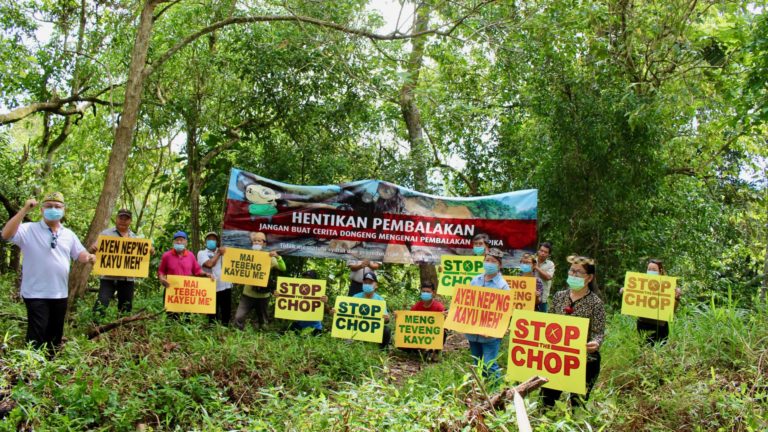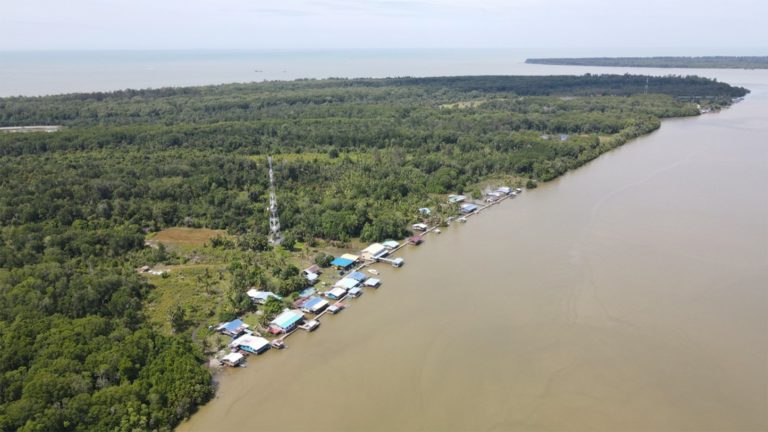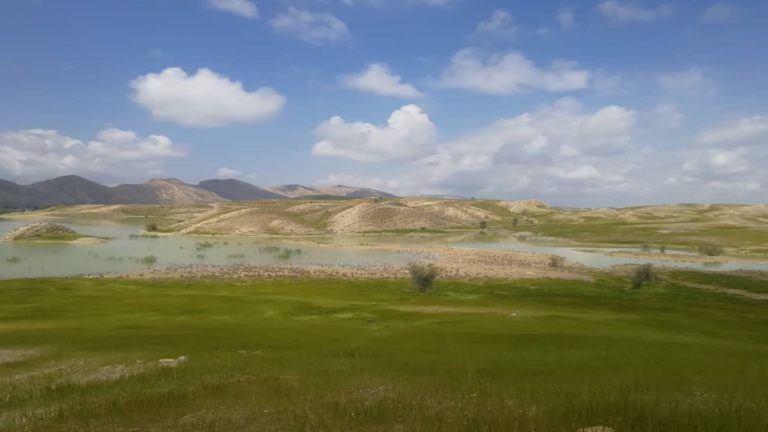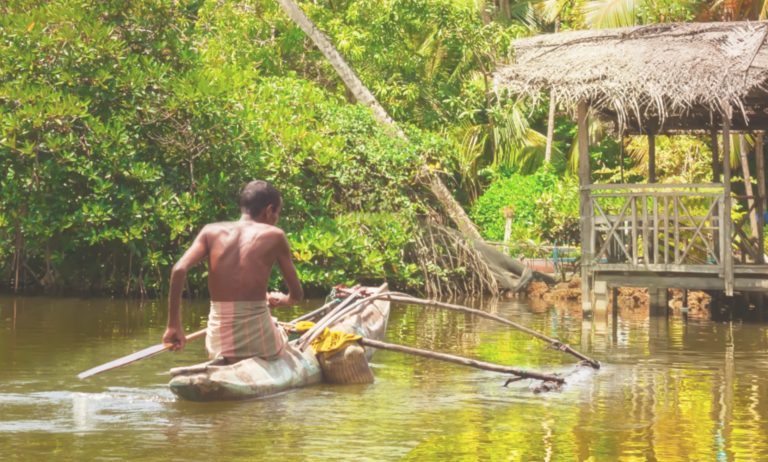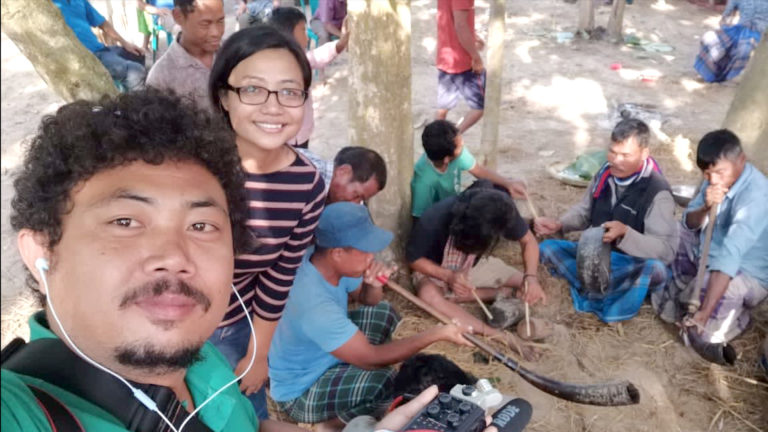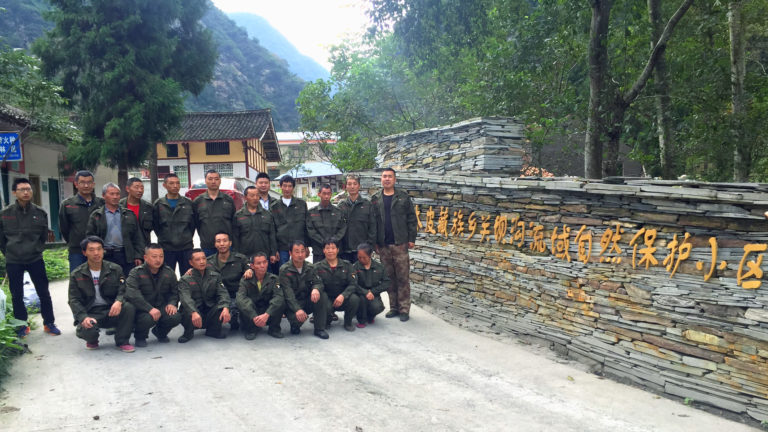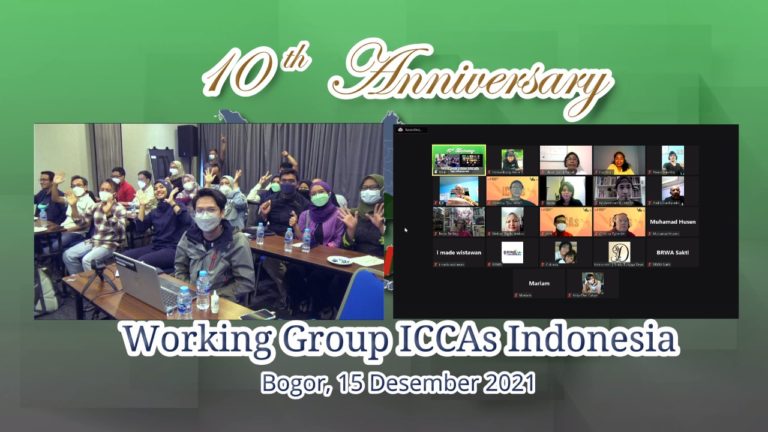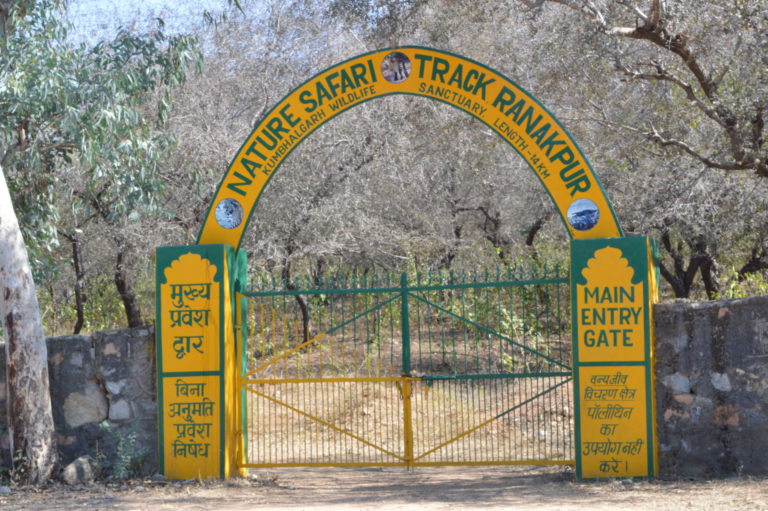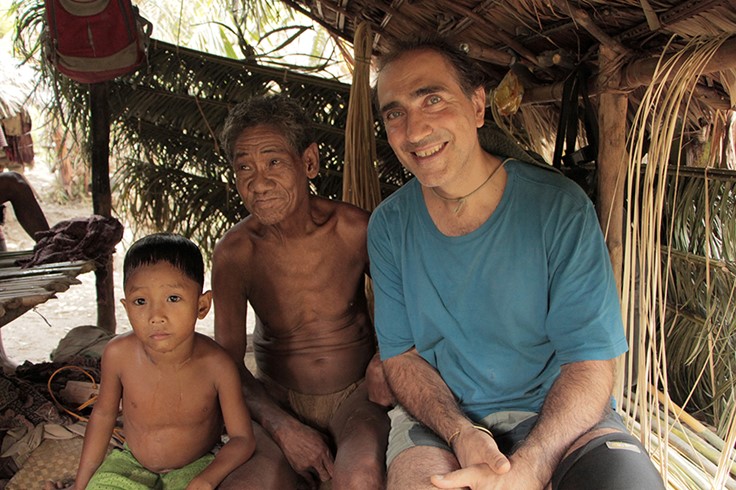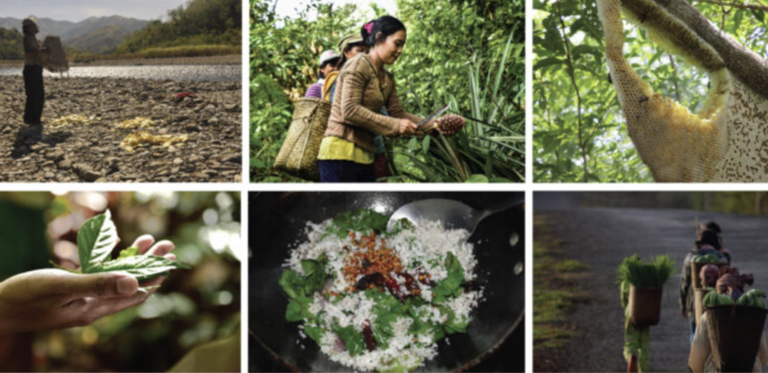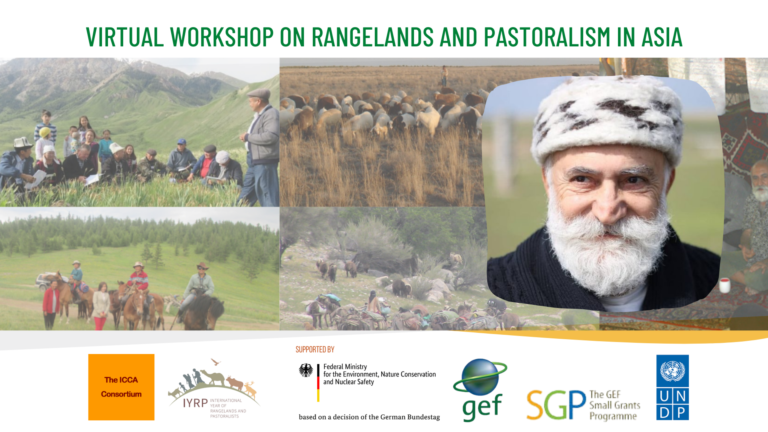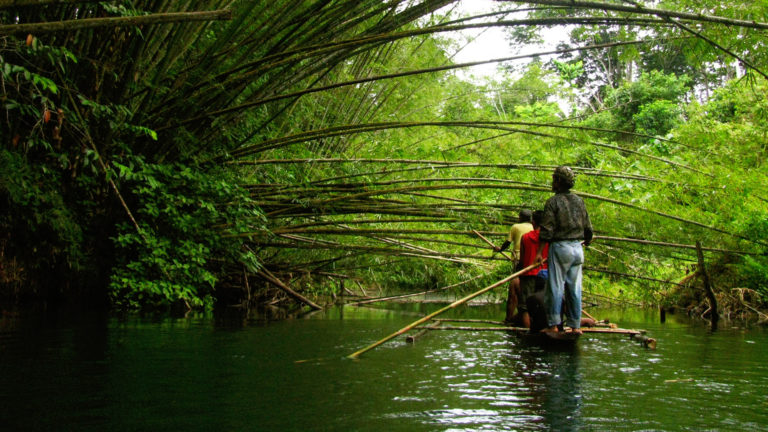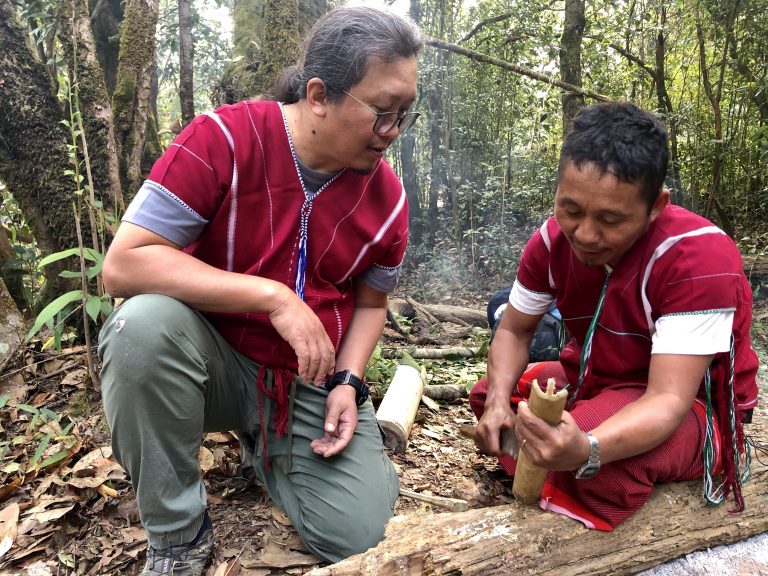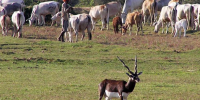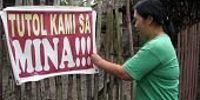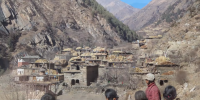In Asia, ICCAs are characterised by a large diversity of ecosystems matched by an equally impressive diversity of culture-based approaches of their custodian Indigenous peoples and traditional local communities. The customary governance and management rules, institutions and practices of such peoples and communities are based on profound ecological knowledge and embedded in cultural and spiritual relationships.
Statement of Solidarity with the Ayta Abellen of Maporac and the Ayta Magbukon of Kanawan, the Philippines
We stand in solidarity with the Indigenous Ayta communities in the Philippines, whose ancestral lands are threatened by land grabs and a U.S. ammunition factory, and we call on the Philippine government, related agencies, and businesses to stop these actions, withdraw without community consent, and respect Indigenous rights. Read more ▸
Protection for Bastar Adivasi communities against state violence in India: global solidarity demands urgent actions
The Adivasis of Bastar are the custodians of their bio-diverse forests in the Chhattisgarh state of India, and their traditional knowledge and cultural heritage have sustained the region’s ecology for generations. Read more ▸
A legal victory for Orans, sacred community-conserved areas
The Supreme Court of India’s clear and specific guidelines are a positive step towards ensuring the conservation of 25,000 orans covering an area of about 600,000 hectares. Read more ▸
Recap: Webinar on challenges and opportunities in pastoral territories of life in Asia
The ICCA Consortium Members Shan Shui Conservation Center and Kalpavriksh facilitated the webinar, which was held on March 22, 2024; four speakers from different countries with long experience in grassland conservation and development were invited to share stories from their regions. Read more ▸
Regional Assembly discusses Southeast Asia registry and fund for ICCAs—territories of life
The fifth regional assembly of the ICCA Consortium Southeast Asia took place on March 8, 2024, in Subic, Philippines. Read more ▸
New report: Myanmar’s environmental human rights defenders continue to resist the military junta
The report published by the “All Burma Indigenous Peoples’ Alliance (ABIPA)” illustrate the state of environmental human rights in Myanmar and the strategies pursued by the defenders in the face of violent crackdowns by the military rulers. Read more ▸
Book: Fifty Indigenous Leaders’ Voices for Nature and People in Indonesia
The Working Group ICCAs Indonesia (WGII), a member of the ICCA Consortium, recently launched the English version of the 2021 book “Suara Masyarakat Adat untuk Alam dan Manusia.” The collection of interviews in the book demonstrates that customary governance systems effectively protect biodiversity and ecosystem functions in Indigenous territories of life. Read more ▸
Here’s how you can support Sarawakian Indigenous organization SAVE Rivers against a ‘SLAPP’ defamation case
One of the leading Sarawakian Indigenous organizations, SAVE Rivers, and its leaders face a meritless defamation lawsuit in Malaysian court filed by logging company Samling designed to bankrupt and silence them. Read more ▸
Mangrove, moon, and the tides: the story of progress in the Mumiang Locally Managed Marine Area of the Suluk People
By Neville Yapp with LEAP – Land Empowerment Animals People (ICCA Consortium Member),Persatuan Komuniti Kampung Mumiang, andForever Sabah In the mangroves of the Kinabatangan estuary, fluorescent… Read more “Mangrove, moon, and the tides: the story of progress in the Mumiang Locally Managed Marine Area of the Suluk People” ▸
FAO side event calls for support for mobility and seasonal migration of pastoralists
During the latest session of the FAO’s Committee on Agriculture, Nahid Naghizadeh delivered a side event presentation on the importance of mobility and nomadic and pastoral peoples in managing biodiversity and food systems, drawing from deep experience in Iran. Read more ▸
Report: Reconciling Conservation and Global Biodiversity Goals with Community Land Rights in Asia
Twenty Indigenous and local community organizations across Asia, including several ICCA Consortium Members, co-authored a powerful new report published by the Rights and Resources Initiative. Read more ▸
Indigenous youth in South and Southeast Asia use media as a tool for advocacy
Indigenous youth digital storytelling project undertaken by members of the Asia Indigenous Youth Platform, with support from UNESCO and Asia Indigenous Peoples Pact, culminates in live premiere of five beautiful videos. Read more ▸
Hybrid workshop on ICCAs in China boosts exchange, communication and cooperation among communities and supporting organizations
An exchange workshop on community conserved areas in China’s Key Ecological Areas and the ICCA China Working Group’s annual meeting was held from 28-29 December 2021 in Chengdu, Sichuan. Read more ▸
Celebrating the 10-year anniversary of Working Group ICCAs Indonesia: It’s time to reconvene to strengthen territories of life
A decade after its establishment, the Working Group has made major strides in advocating for Indigenous conservation in one of the most culturally and biologically diverse countries in the world. Read more ▸
India’s Tiger Project: Harbouring a colonial hang-up
The State of Rajasthan continues to apply its failed tiger conservation model in Kumbhalgarh Wildlife Sanctuary, to the detriment of Indigenous and pastoralist communities. Read more ▸
The 2021 Elinor Ostrom Award for Practitioners goes to Dr. Dario Novellino, Honorary member of the ICCA Consortium
Dario spent nearly three decades supporting the Indigenous Batak in the Philippines’ island of Palawan. Read more ▸
Virtual Forum recap: Experiences and outlooks on wild foods and Indigenous food systems in Asia
ICCA Consortium Southeast Asia Members, Honorary members, and youth representatives participated in a recently organized virtual forum on wild foods, biodiversity, and forest-based livelihoods to explore an outlook towards inclusive food systems in Asia before 2030. Read more ▸
Pastoral communities’ territories of life in Asia: Tales of coexistence
To acknowledge the vital roles of rangelands and pastoralism for human wellbeing and nature conservation and to support the proposed International Year of Rangelands and Pastoralists (IYRP) in 2026, ICCA Consortium co-organized a virtual workshop on July 16, 2021, on pastoral communities’ territories of life in grasslands/rangelands across Eurasia. Read more ▸
Indigenous leader advocates for rights and territories of life at ASEAN biodiversity conference
The Bornean Kenyah activist Peter Kallang spoke on behalf of the ICCA Consortium’s membership in Southeast Asia in regional meeting on the road to the post-2020 global biodiversity framework. Read more ▸
Congratulations to the 2020 Goldman Environmental Prize winners!
Our Council member Paul Sein Twa (Karen) was honored as the recipient for Asia for his leadership in helping establish the 1.35 million-acre Salween Peace Park in Burma/Myanmar. Read more ▸

